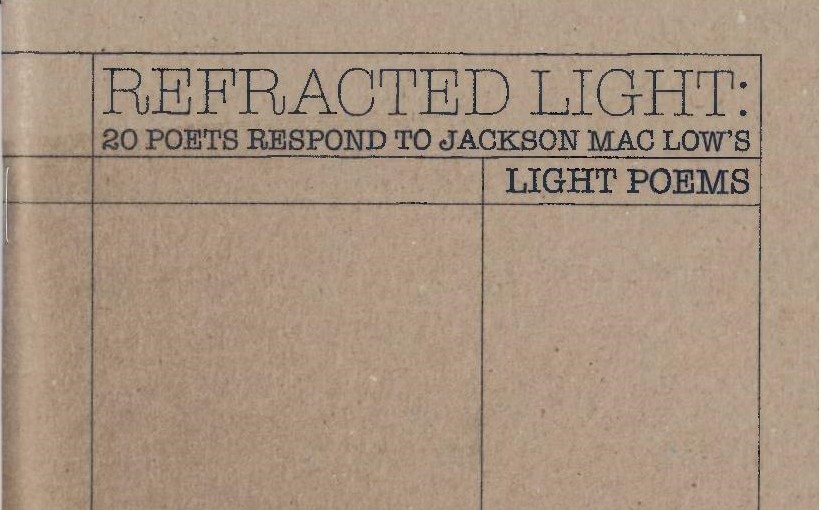‘Aqua Rosa’ by Sarah Crewe
-Reviewed by Sophie Mayer–
‘it’s a port and i’m a girl’
There, in the final line of Sarah Crewe’s poem ‘grebes do alice at albert dock,’ is the heart of this collection: the playful tensions between the world and the poet, between the city (Liverpool) and its inhabitants, between concrete reality and literary transfigurations, between Victorian imperial grandeur and pop culture weirdness. The speaker is Carroll’s Alice ‘on a Grace Slick mission,’ a Carrollian riddle that asks: how can a grebe (freshwater diving bird) be like the curious anti-heroine of Victorian childhood made curioser still through the mirror of the 60s rock diva who renewed her? Ways and means of being a girl collide and condense. Alice is a figure of the English poetic tradition of riddles, and Crewe – like her iconic heroine – favours ‘time saving in dark reflection’ rather than the closure of a worked-through, workshopped metaphor poem, or the colloquial chat of much contemporary lyric.
Alice is both girl and port, a welcoming harbour for Crewe’s concerns. She re-emerges through the mirror as ‘An Alice to a lucid glare’ in ‘Alice Through Obsidian’, one of two poems in the chapbook commissioned by Dr. Camilla Priede for the Rock Museum in Sheffield. The other, opening poem ‘Axe Actual’ makes merry both with the dual meaning of rock (mineral and music), and also with the juxtaposition of (hard) stone and (soft) femininity, imagining the axe describing itself, in a rather Björk-like way, as a ‘cryptocrystalline … Queen of the Stone Age / Mammoth bone blood and bouffant hair.’ This is poetry to rock out to.
This vivid, swift linguistic intelligence is the collection’s hallmark: there’s a physicality to the vocabulary and the figures Crewe chooses for thought-language and its movement. From its title onwards, the collection’s second poem ‘17 Seconds, Four Doors Down’ speeds irresistibly towards the reader with its description of ‘The boy [Bruce] Lee,’ again mixing figures of masculinity with a sense of camp joie de vivre in virtuosity:
Your mother cannot watch.
Barefoot bolt. Grove gazelle.
Leopard boy belts gilted safari.
Prince of Cats spins his own
The split lines echo and evoke Lee’s classic ‘Leg-kicks diagonal’ pose, as well as the rapid-eye motion of watching choreographed fights on screen. The rest of the collection holds mainly to the right-hand margin, bar two skilled prose poems that mash up memory, architecture and cultural icons to create densely collaged anti-postcards that, like Rachel Whiteread’s tippexed and hole-punched postcards (examples here), use their frame to make us rethink how we inhabit and imagine places.
The closing prose poem ‘My grandmother as Metropolitan Cathedral of Christ the King Liverpool’ brings to a climax the collection’s insistence on remembering the lost, marginalised and dead with the irreverence with which they lived, rather than the sentimentality too often insisted on. ‘Spiky bridesmaid’ starts the poem, punning visually on the trappings of marriage, the art of the crucifixion and the architectural embellishments of the cathedral. In its brisk, assonant observation, Crewe’s phrasing refuses such ornamentation. Sometimes, as in love poem ‘such trouble’, this insistent simplicity risks both vagueness and blandness: ‘perfect place of / beauty in mist’ does not convince.
Subjects more specific than kisses keep the poet’s eye sharp and tongue sharper. Injecting political wit into a consideration of colour in ‘Spectrum,’ Crewe enters the chromatic territory of poet Anna Mendlessohn, whose pen name (Grace Lake) and chapbook titles such as Viola Tricolor suggest the significance of colour terms as a way of parsing the politics of language. Crewe’s ‘Spectrum’ (in which orange is glossed as ‘Victor placed in / Yulia plaited headlock’, referring to the ongoing political crisis in the Ukraine) leads into a sequence that takes up the gift of Rosa Luxemburg’s name to play through the pink and red resonances of Luxemburg’s Marxist feminism. In ‘rosa luxemburg’s ghost on a free forum’ Rosa, or her contemporary online avatar, is named a ‘shop steward blood bride’, at once dressed for a protest march and to take part in Lorca’s Bodas de Sangre. The usually separate cultures of the hard Left and the uncanny feminine are re-united, as they were in Luxemburg’s pioneering feminist writing.
Crewe’s ‘scouse elf terrorist / spartacus siren’ kicks off in her ‘red fem booties’, working through the warm shades and their binarised meanings (life/death, the feminine/the warlike, the political/the sentimental) that are the book’s signature. The book cover exhibits Dorothy’s red shoes; Alice encounters (or perhaps becomes) the Red Queen; hard stone and soft girl again blur into each other in ‘Rose Quartz,’ where the stone is deliciously described as ‘pink pearl clitoral’. ‘it’s a port and i’m a girl’: the world is a hard given, inlet and outlet, rough and tumble – but as rosa, the poet’s alter or persona, writes to performance poet puma perl, ‘to be / thought of as trouble makes me tingle.’ With that superb line-break, Aqua Rosa continues the brilliance of Luxemburg, Lake and Crewe’s grandmother: girls remaking the world with the click of their heels.



